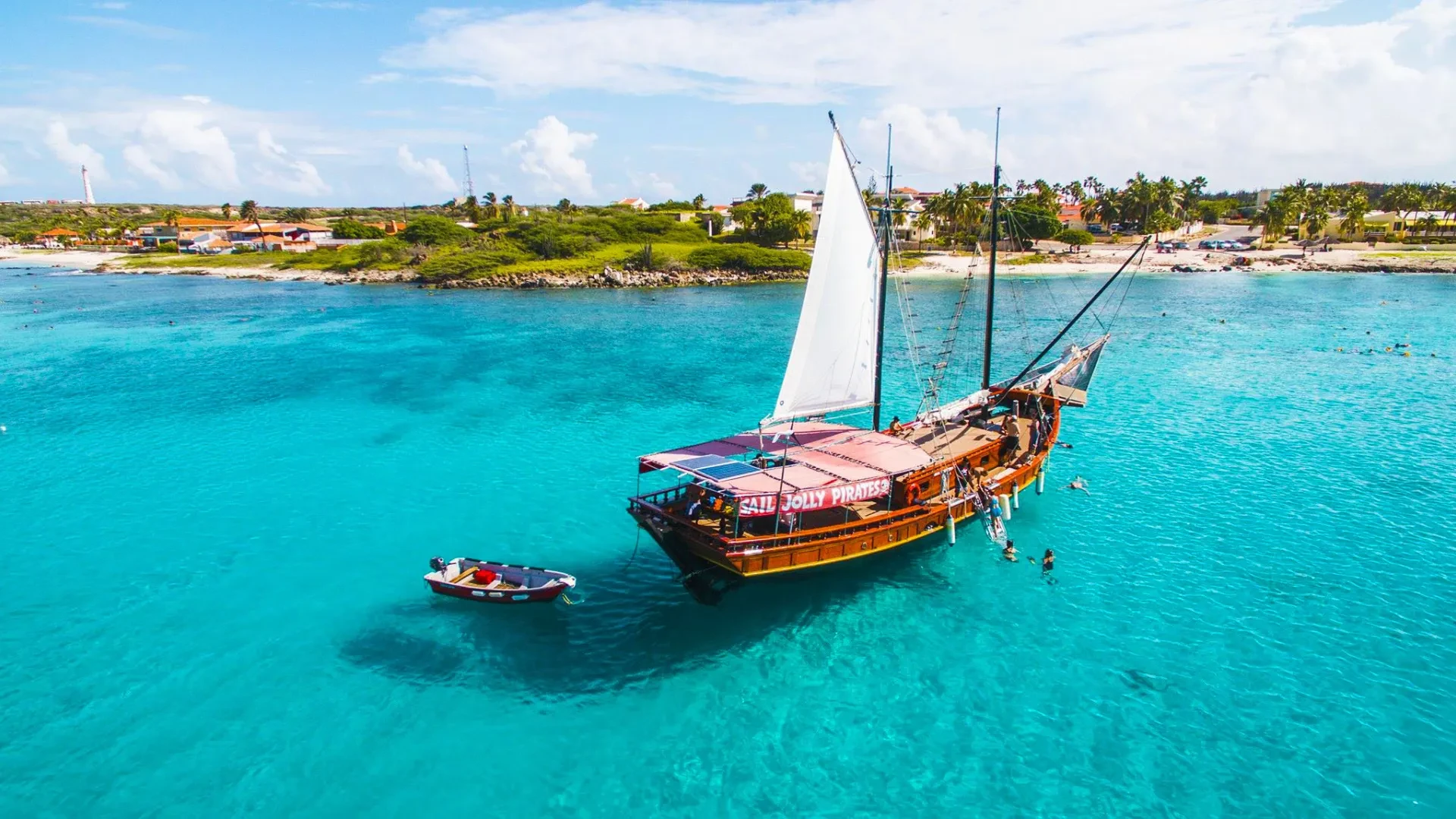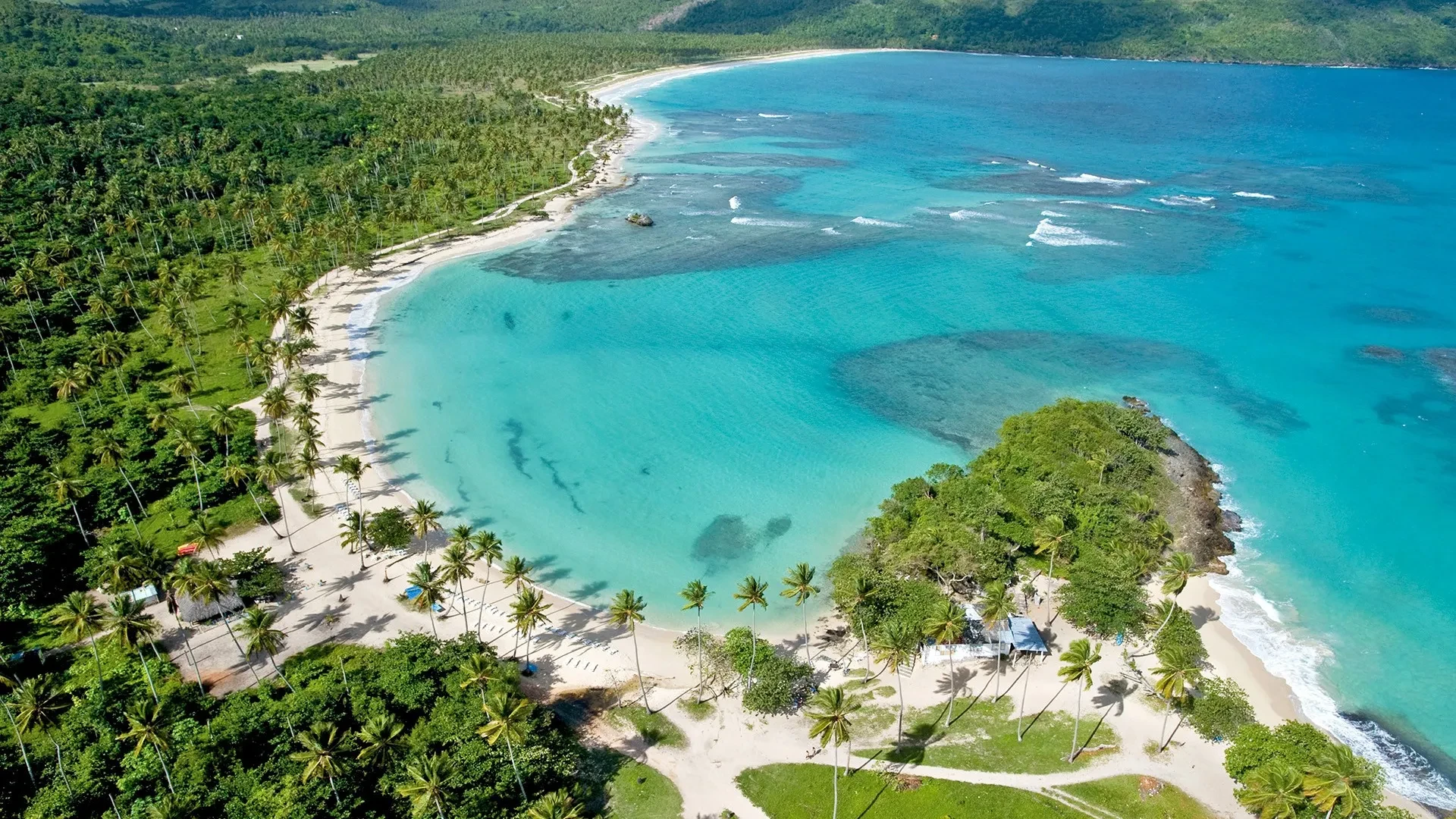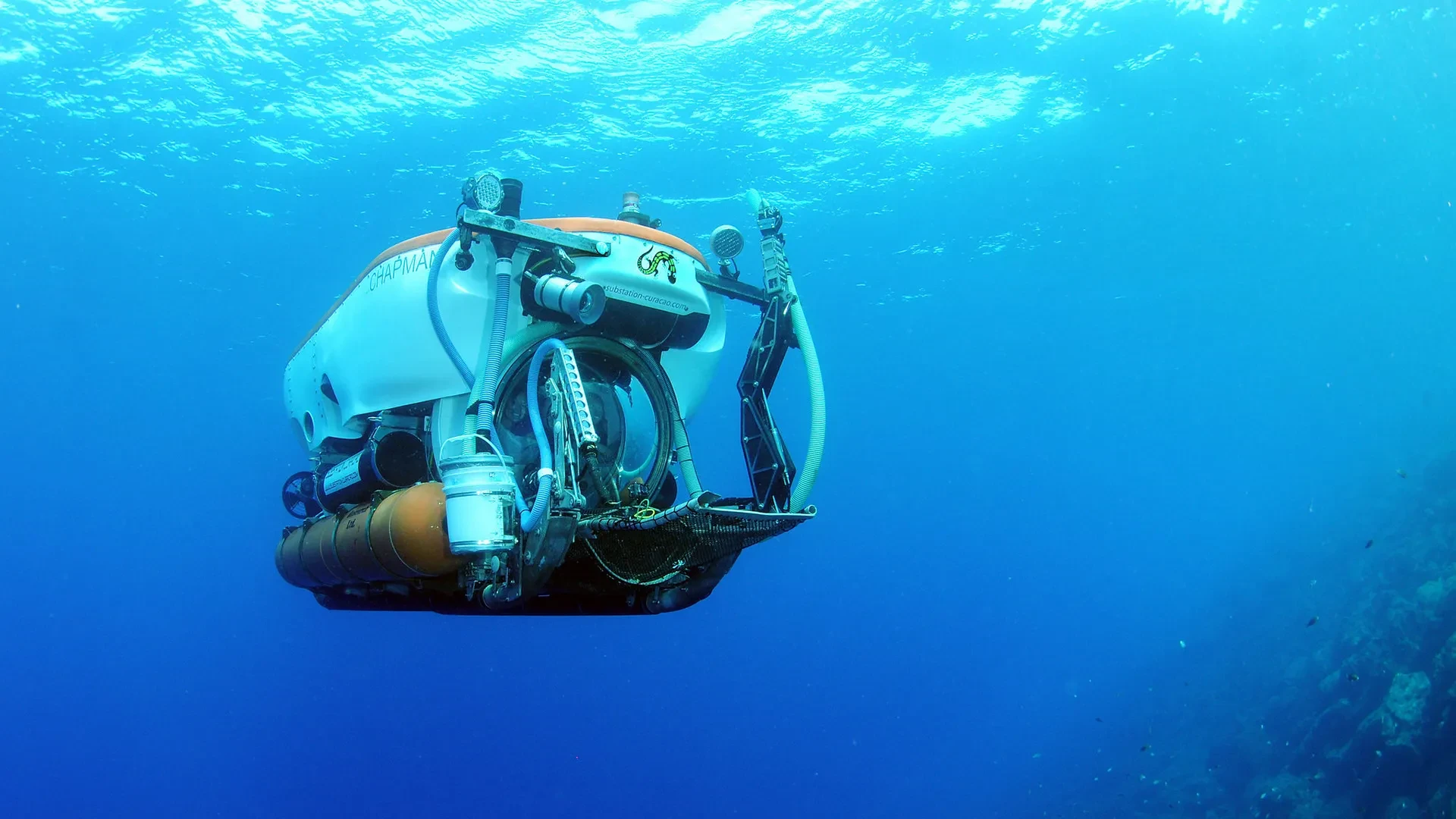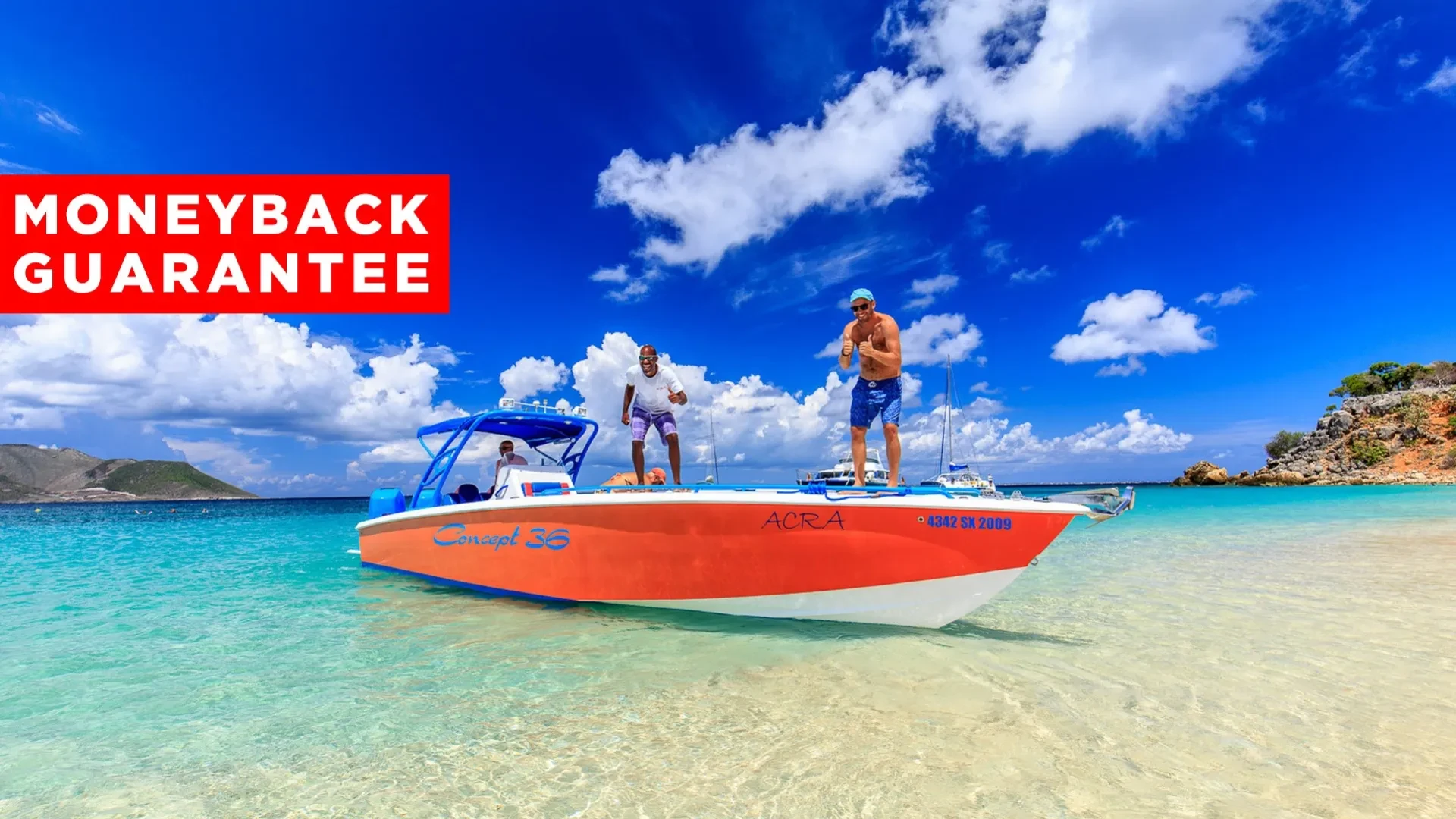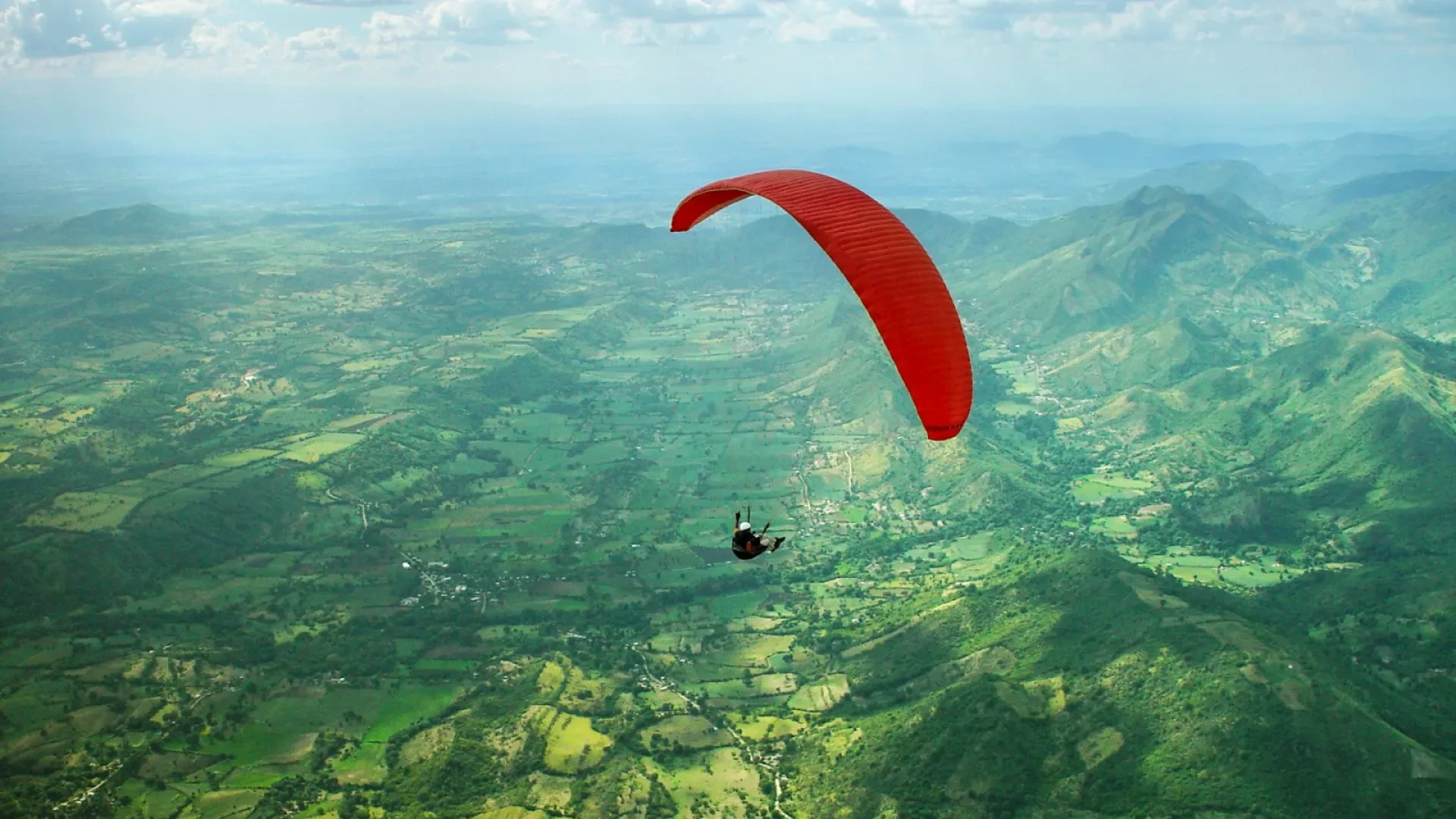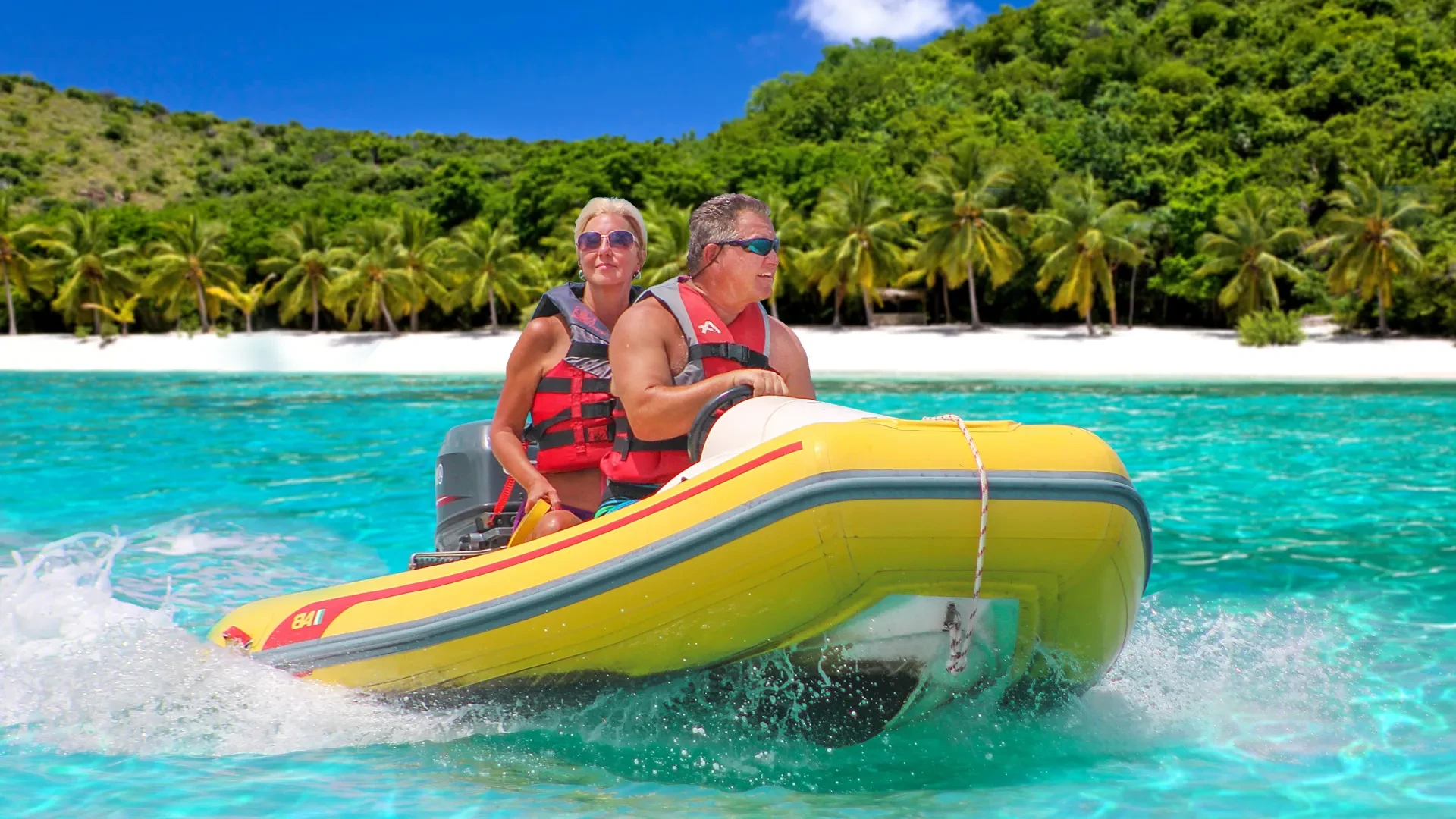Levente
August 13.
Been there. Done that.
Been there. Done that.
August 13.
Shark attacks in the Caribbean Sea are very rare but do occur. The region's warm waters attract various shark species, including the Caribbean reef shark, tiger shark, and bull shark. While most shark encounters are harmless, some can result in serious injuries or fatalities.

To put the risk of shark attacks in perspective, it's helpful to look at the statistics. According to the ISAF, there were 88 shark attacks worldwide in 2024. There were only two incidents in the Caribbean, on the islands of Turks and Caicos and Trinidad and Tobago. Luckily, none of them were fatal. Fatal shark attacks in the Caribbean occur in the Bahamas the most often.
The probability of being attacked by a shark in the Caribbean is extremely low in 2025, especially when compared to the number of tourists and locals who enjoy the region's waters each year. For instance, Florida alone reports more shark attacks annually than the entire Caribbean region.
Extensive research has been conducted to determine what attracts sharks and prompts them to attack. While results are largely inconclusive, several general principles have been proposed.

Sound appears to be the primary cue for sharks to enter an area, rather than sight or smell. Irregular sounds, such as those made by a swimmer in distress or an injured fish, seem to attract sharks from considerable distances.
Some scientific experiments suggest that sharks can distinguish between light and dark colors, and possibly even differentiate specific colors. Yellow, white, and silver appear to attract sharks. Consequently, many divers believe that gear such as clothing, fins, and tanks should be painted in dull colors to minimize the risk of shark attacks.
Although blood alone may not attract sharks, its presence, combined with other unusual factors, can excite the animals and increase the likelihood of an attack.

Of course, it is a bit bold to call these “fun” facts, but here are some interesting facts about shark attacks in the Caribbean and worldwide.
If you are attacked by a shark on your Caribbean vacation, follow these steps:
Stay calm and maintain eye contact: Try to remain as calm as possible. Sharks are curious and often approach just to take a look. Maintain eye contact. Sharks are less likely to attack if they know you are aware of them.
Do not splash or panic: Avoid sudden movements and splashing the water. This can attract more attention from the shark and may provoke an attack.
Defend yourself: Sharks prefer easy prey and don't like to fight for it. If the shark approaches aggressively, aim for its most sensitive areas: the eyes, gills, and snout. Use any available object (camera, spear, snorkel, etc.) or your fists to jab or strike these areas.
Slowly back away: If the shark seems to lose interest, slowly back away but do not turn your back on the shark while retreating. Sharks often return to continue the attack.
Get out of the water: If possible, exit the water as calmly and quickly as possible.
Signal for help: Seek medical attention as soon as possible if you have been bitten.
Remember, shark attacks are rare, but following these steps can help you survive if an encounter does occur.
The Caribbean is home to a diverse range of shark species, from the gentle Whale Shark to the more aggressive Bull and Tiger Sharks. These species thrive in various marine habitats, playing key roles in the ecosystem and attracting marine enthusiasts. Below is a list of shark species found in the Caribbean.
|
|
The Caribbean is home to various shark species, some of which are known for their dangerous encounters with humans. The five most dangerous sharks in the Caribbean are great white shark, bull shark, oceanic whitetip shark, tiger shark and hammerhead shark. Understanding these species can help in mitigating risks and promoting safer interactions.
The great white shark (Carcharodon carcharias) is one of the most infamous shark species worldwide, known for its powerful bites and significant size. While less common in the Caribbean compared to other regions, sightings and attacks have been recorded. Great whites are apex predators and can be very dangerous due to their curious nature and potent bite force.

The tiger shark (Galeocerdo cuvier) is another dangerous species found in the Caribbean. Known for their striped appearance, tiger sharks are less selective eaters, which increases the likelihood of encounters with humans. They inhabit both deep and shallow waters, often coming close to shorelines, making them a frequent threat to swimmers and surfers.

The bull shark (Carcharhinus leucas) is particularly dangerous because of its ability to thrive in both saltwater and freshwater environments. This adaptability allows bull sharks to travel far inland via rivers and estuaries. Their aggressive nature and tendency to swim in shallow waters make them a significant threat in the Caribbean, especially in areas frequented by
tourists.

The oceanic whitetip shark (Carcharhinus longimanus) is commonly found in the open ocean but can occasionally be found near the Caribbean's deeper waters. This species is known for its bold and sometimes aggressive behavior. Oceanic whitetips have been implicated in attacks on shipwreck and plane crash survivors, making them one of the more dangerous sharks in the open waters of the Caribbean.

Several species of hammerhead sharks (Sphyrnidae family) are present in the Caribbean, with the great hammerhead (Sphyrna mokarran) being the most notable. These sharks can grow quite large and are known for their distinctive head shape. While generally not aggressive towards humans, their size and territorial behavior can pose a danger, especially to divers and fishermen who might inadvertently provoke them.

Galeophobia, also known as selachophobia, is the intense and irrational fear of sharks. Galeophobia isn’t just about fearing an ocean predator. It's a pervasive dread triggered by the thought, sight, or even mention of sharks, making an aquarium visit feel like a scene from "Jaws." This fear can stem from traumatic experiences, media portrayals, or an overactive imagination.
How to overcome your fear of sharks so your Caribbean vacation won't be ruinded:

We have used many official records such as the one from the Florida Museum, and searched many news portal to get a clear picture on Caribbean shark attacks across the islands. However, keep in mind that countries that heavily rely on tourism often try to avoid making official reports on minor shark incidents.
There is no official record on shark attacks in Anguilla. Rumor says though that in 2018 a swimmer was bitten while snorkeling near Shoal Bay but the injuries were minor. A massive bull shark was washed ashore in Shoal Bay in 2019 and this species is known for its aggressive behaviour.
Antigua and Barbuda likes to advertise itself as shark attack free, however there has been at least 1 confirmed non-fatal shark attack at Fort James Beach in 2011. Veron Edwards went on an early morning swim when he was bitten on his right hand and wrist. According to the Florida Museum, there has been 2 confirmed incidents in history but there is no specific info on the other attack.
Aruba, a popular island destination in the southern Caribbean, has seen very few shark attacks over the years. There has been only 1 fatal shark attack in near the coasts of Aruba in 2015. A Venezuelan man whose boat capsized was attacked by a shark while being rescued by the coastguard. Unfortunately the 58 year old Adrian Esteban Rafael died on the way to the hospital. The shark species was not specified.
The first recorded shark attack in Barbados dates back to 1703 when Samuel Jennings, a deserter from the British frigate Milford was attacked at night which resulted in amputation. Over the centuries, Barbados has had approximately 5 shark attacks, both fatal and non-fatal. Sharks are more common on the island's north and north-east coast. However, most swimming areas are on the other side of Barbados.
Bonaire has a reputation for being a diver's paradise with minimal to none shark attack incidents. This is probably due to the fact that Bonaire's turism mostly attracts divers and snorkelers and as statistics shows, sharks are less likely to attack them. Furthermore, Bonaire is a tiny island with much fewer visitors, which means less chance for a shark attack.
The British Virgin Islands have had few reported shark attacks. One recent incident occurred on January 17, 2024 when a swimmer was bitten near Tortola, off Norman Island. The injuries were non-fatal but required medical treatment. For the past 100 years, there has been only 5 verified shark attacks in the BVI.
The Cayman Islands have only 2 shark attacks on record. One was in 2023 against a local fisherman who was bitten on his hand (open the link carefully, it includes a picture of the fisherman's injured hand). The other incident occured in 2014 against a diver which was recorded on video. You can see the reef shark chasing a scuba diver who attracted the shark while lion fish culling which released blood into the sea. The diver suffered no injuries.
The Commonwealth of Dominica has no reported shark attacks. However, the Government of Dominica has called for vigilance a few years ago claiming that shark sightings has increased in its waters including uncommon shark species.
Curacao, another beautiful island in the Caribbean, has only one reported shark encounter which was back in 1939. The non-fatal shark attack in Curacao involved a famous marine biologist, Hans Hass. Curacao is a fantastic place to dive but even divers rarely report shark sightings.
Due to the impoverished and backward nature of the country, reports of Cuban shark attacks might not be complete. There are 13 reported cases from the past 60 years. 12 of them was non-fatal but the last one in 2019 claimed the life of a 22-year-old. Three couples were bathing at night just 10 feet from shore near Guardalavaca Beach near Holguin when one of them was attacked by an unspecified species of shark. Unfortunately, the man later succumbed to his injuries.
The Dominican Republic has experienced occasional shark attacks with 4 confirmed cases, 2 fatals and 2 non-fatals. Each shark attack was different. One was againts a swimmer, one against a surfer, one against a diver, and one went for someone just wading in shallow water.

There are some gruesome details on the 1963 incident. Two men were swimming when attacked by approximately 8 sharks. An eyewitness said one victim was thrown in the air like a basketball and an other shark took a bite out of his belly while in the air.
In 1987, a vessel with 160 on board capsized between the Dominican Republic and Puerto Rico. According to reports, about 40 to 50 sharks attacked the survivors. There are conflicting information regarding the casualties but it is somewhere between 50 to 100.
Birgenair Flight 301 crashed into the sea shortly after taking off from Puerto Plata in 1996 and all 189 people lost their lives. While most probably all of them died from the crash, 106 bodies that were recovered had shark bites on them.
Grenada has 4 confirmed shark attacks with really bad fatal / non-fatal ratio. 1970 was a specifically bad year for Grenada, as 2 people died from a shark attack in June while just wading in the sea. In the same year, a young boy was killed by a shark in April while swimming and his body was never recovered. All fatal shark attacks in Grenada happened near St. Andrew Parish. A 4th, non-fatal attack was against a spearfishing person, who suffered minor injuries.
You might find quite a lot of articles online on shark attacks in Guadeloupe. One gruesome story explains how a great white shark decapacitated a diver near the island of Guadeloupe in 2023. But don't worry, that is actually an island with the same name on the west coast of Mexico, almost 4000 miles from the Caribbean island of Guadeloupe. Unlike near Mexico, there has been no confirmed shark attacks in Guadaloupe, in the Caribbean.
Sharks should be the least of your worries when visiting Haiti. Given the turbulent politcal situation and unrest, you are probably safer in the sea than anywhere else on the island. Haiti has had 3 confirmed shark attacks since the first one in 1896. The last recorded attack was in 1921 which was unfortunately fatal.
Jamaica has one of the highest number of recorded shark attacks in the Caribbean. Out of the 30 recorded shark attacks since 1753, 11 of them have been fatal. 33% of all attacks were againts fishermen or spearfishing people. The most recent shark attack in Jamaica happened in 2022 when a fisherman lost his arm to a tiger shark.
Martinique has seen 3 shark attacks since 1783, with one fatal incident. The last one was in 1954 by a nurse shark which are known to be one of the least aggressive sharks. The calm nature of this species is usually what leads to the attack as people don't respect their boundaries. Although they're docile and mostly harmless to humans, they've been known to bite in self-defense.
Montserrat is one of the smallest islands in the Caribbean with low population and annual visitors. This might be the reason why there has been no shark attacks in Montserrat. A few years ago though, the government advised to be cautious following the recent shark attacks on nearby islands.
The last shark attack on the Caribbean island of Puerto Rico was in 2011. The conflicting information found online puts the total number of shark attacks in Puerto Rico between 1 and 20. The most reliable information seems to be from Wikipedia which mentions 5 shark attacks in Puerto Rico. Watch this heart-stopping video of a massive shark appearing next to surfers near Middles Beach.
Saba is a hidden secret in the Caribbean and a diver's paradise. Given its small size and relatively low tourist traffic compared to other Caribbean islands, there is less chance for shark attacks in Saba. The uniqueness of the island lies in its shoreline that has no beach but a sudden drop which makes diving excellent all around Saba. Divers often encounter sharks in the Caribbean Sea near Saba, reports mention great white shark sighting too. Fortunately, no shark attack has ever been reported.
St. Barts, the island of the rich and famous where most bilionaires retreat to during the holidays has no shark attack on record. Massive sharks occasionally do come close to the shore, one (probably bull shark) was caught just 100 feet offshore in 2021.
St. Eustatius is an other tiny island in the Caribbean known for its excellent diving and being a shark attack free island. Residents are very fond of the sea and respect its inhabitants. They were in utter shock when a tiger shark was senselessly killed recently in March 2024.
Shark attacks in St. Kitts and Nevis are rare. In the past 15 years, there has been only 2 shark attacks. In 2021, a kayaker was injured in an encounter near Booby Island, which led her to losing a leg. A horrific incident happened in 2009 when a man went missing while swimming. The rescue team found an injured bull shark which they had brought to shore and opened up, finding the missing person's head inside the shark's belly. It's unclear whether the shark killed and ate the man or the person drowned and the shark only ate its body afterwards.
St. Lucia is one of the few shark attack free islands in the Caribbean. An interesting story happened in 2013 when a fishing boat sank in the open Caribbean Sea. The 2 American tourists swam 12 hours to shore, while the captain and first mate were rescued after 23 hours. They all survived without encountering sharks.
St. Maarten, famous for its stunning beaches and vibrant marine life, has 3 recorded shark attacks but 1 of them was actually 20 miles offshore in the open sea. The latest tragical Caribbean shark attack in St. Martin happened in 2020, when a French tourist was attacked by a (probably) tiger shark while swimming approximately 150 meters offshore near Orient Beach. The shark tore the woman's leg off and she died while being treated. Shark attacks in St. Maarten are extremely rare though, especially considering that it is a top Caribbean destination welcoming millions of tourists every year.
The Caribbean island of St. Vincent and the Grenadines has no reported shark attacks. Its waters are filled with lemon sharks and you can often spot juveniles coming to the beach, but they pose no threat.
The Bahamas has the highest number of shark attacks in the Caribbean and one of the highest in the world, ranked number 9 with 34 reported cases as of March 2025. The Bahamas welcomed nearly 10 million visitors in 2023 alone, being a top Caribbean destination. The high amount of visitors, the hundreds of small islands with shallow water around them, and the numerous shark diving and snorkeling excursions are the main reasons behind the large number of shark attacks in the Bahamas.
A recent incident happened in April 2024 when Marlin Wakeman fell into the water at Flying Fish Marina in Long Island which is infested by sharks due to fishermen dumping fish carcasses into the sea.

The most recent shark attack in the Bamahas happened on February 7, 2025 to two American tourists. The two girls were swimming in Bimini Bay at sunset when the attack happened. Luckily, they both survived.
The most recent of the Caribbean shark attacks that made headlines worldwide happened in Trinidad and Tobago in April 2024. A British tourist was attacked in Courlard Bay and suffered life-threatening injuries to his arms, left leg and abdomen. The incident most probably involved a bull shark. Besides this, there have been only 3 other confirmed shark attacks in Trinidad and Tobago.
Shark attacks in the Caribbean island of Turks and Caicos are rare with only 5 confirmed cases over the centuries. However, there were 2 shark attacks in Providenciales recently. The first one happened in May, 2024 to Lucas Arsenault who was snorkeling at the time of the attack. Unfortunately, he lost his right leg and suffered further serious injuries in the incident but survived.
The other shark attack in Turks and Caicos occurred on February 7, 2025 at Thompson's Cove Beach. A woman was trying to take a photo of a shark in shallow waters when she was bitten. She survived, but her hand had to be amputated.

According to the Florida Museum, there have been 4 shark attacks in the US Virgin Islands since 1749. The latest one was just in 2020 when a snorkeler was bitten on his hand by a - possibly - nurse shark. The victim, although suffering severe damage, will make a 99% recovery.

If you want a complete detailed list on all incidents, follow the link where you can use the filter to display every Caribbean shark attack.
While shark attacks in the Caribbean are rare, they do happen. By understanding the statistics and taking sensible precautions, both locals and tourists can continue to enjoy the stunning waters of the Caribbean with minimal risk.
Islands like Aruba, St. Maarten, Curacao, and others offer incredible marine experiences, and with proper awareness and safety measures, encounters with sharks can remain a fascinating part of the underwater adventure rather than a cause for alarm.
The Bahamas, particularly around Bimini and Nassau, have the highest shark populations in the Caribbean in 2025. Other notable areas include the Turks and Caicos Islands and the waters around Cuba.
Great white sharks are rare in the Caribbean, as they prefer cooler waters. The region is home to species like the Caribbean reef shark, lemon shark, and nurse shark.
Caribbean reef sharks are generally not a threat to humans. They are typically shy and avoid interaction, with incidents being rare and usually non-fatal.
New Smyrna Beach in Florida has the highest number of shark attacks globally, mainly due to the high number of swimmers and surfers in the area.
On average, there has been 0.2 reported shark attacks in the Caribbean annually since the 1700s. Shark attacks in the Caribbean are rare, with only a handful of incidents reported each year, most of which are non-fatal and involve minor injuries.

Creating this travel magazine takes an insane amount of time and money. If you’ve found it useful and would like to support me in helping other travelers like you, your donation would go a long way. Thanks, you’re the best!
